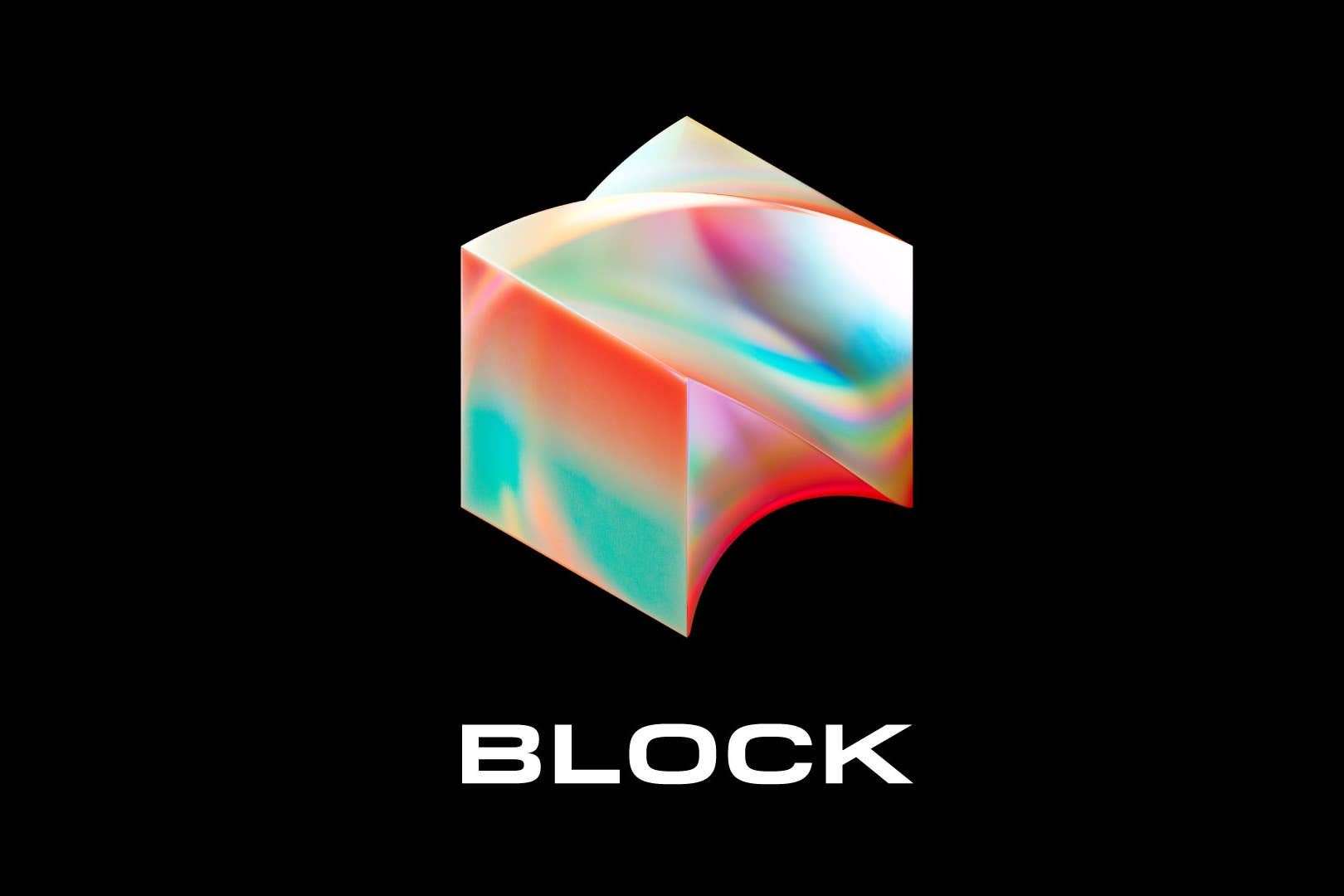In a move that underscores the convergence of finance and technology, Square, the digital payment pioneer founded by Jack Dorsey, has announced that it will be changing its name to Block. This rebranding signals a strategic shift for the company as it expands its offerings beyond its core payment services to encompass a wider array of financial products and services.
The name Block is a nod to the underlying technology powering much of the company’s recent innovations: blockchain. Blockchain, a distributed ledger system, enables secure and transparent recording of transactions, making it an ideal foundation for financial applications. Square has already made significant investments in blockchain technology through its acquisition of TIDAL, a bitcoin wallet and trading platform.
The rebranding to Block reflects Square’s ambition to become a comprehensive financial services provider, leveraging blockchain technology to offer a range of products and services that empower individuals and businesses to manage their finances more efficiently. This move aligns with a broader trend in the financial industry, as traditional players and fintech startups alike seek to capitalize on the transformative potential of blockchain.
While the name change and strategic shift have been met with excitement by some, others have raised concerns. Privacy advocates have expressed worry that the increased focus on blockchain technology could lead to reduced privacy for users, as blockchain transactions are typically publicly recorded.
Additionally, there are concerns about the regulatory oversight of blockchain-based financial services. The decentralized nature of blockchain can make it challenging for traditional financial regulators to effectively monitor and enforce regulations. This has led to calls for clearer regulatory frameworks to ensure that these services are operating in a responsible and transparent manner.
Regulators face several challenges in overseeing blockchain-based financial services:
- Decentralization: Blockchain’s decentralized nature makes it difficult to identify responsible parties and enforce regulations.
- Anonymity: Cryptocurrency transactions can be conducted anonymously, making it harder to track and prevent illicit activities.
li>Cross-Border Transactions: Blockchain transactions can cross borders seamlessly, complicating compliance with different regulatory regimes.
The launch of Block has significant implications for the competitive landscape in the financial services industry. Square will now compete directly with established players such as PayPal and Venmo, as well as a growing number of fintech startups offering blockchain-based financial services.
However, Block’s unique position as an early adopter of blockchain technology could give it an edge over its competitors. The company has already established a strong foothold in the cryptocurrency space and has the resources to invest heavily in research and development. If successful, Block could emerge as a dominant player in the emerging market for blockchain-based financial services.
| Company | Core Services | Blockchain Integration |
|---|---|---|
| Square (Block) | Digital Payments, Seller Tools | TIDAL (Bitcoin Wallet and Trading) |
| PayPal | Online Payments, Money Transfers | PayPal Crypto (Cryptocurrency Trading) |
| Venmo | Peer-to-Peer Payments, Social Features | Limited Blockchain Integration |
The rebranding of Square to Block marks a significant milestone in the evolution of digital finance. The move underscores the convergence of finance and technology and the growing importance of blockchain technology in shaping the future of financial services.
While Block faces challenges in terms of privacy concerns and regulatory oversight, its early adoption of blockchain technology and strong financial position give it a competitive advantage. The company is well-positioned to succeed in the rapidly growing market for blockchain-based financial services.
The launch of Block is a reminder that the financial landscape is constantly evolving. As technology continues to disrupt traditional industries, we can expect to see further innovation and convergence between the worlds of finance and tech.
The challenges faced by Block in terms of privacy concerns and regulatory oversight are not unique but are shared by the broader blockchain industry. As blockchain-based financial services become more mainstream, there will be a pressing need for collaboration between regulators, policymakers, and industry leaders to develop clear and effective regulatory frameworks that protect consumers while fostering innovation.

